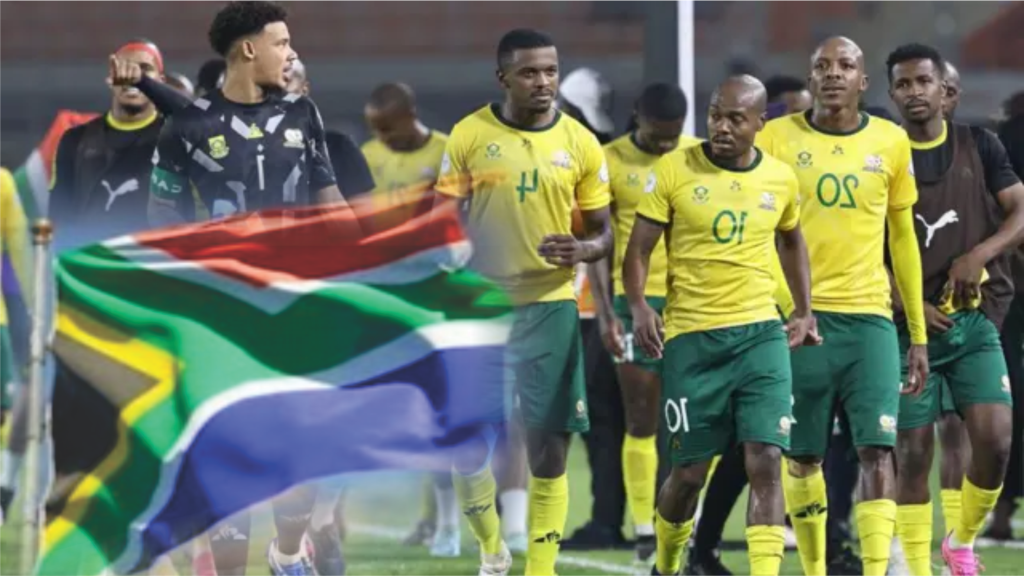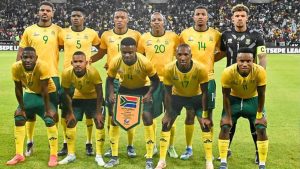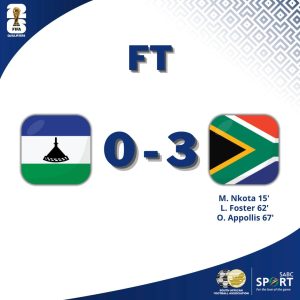2026 World Cup Qualifiers: FIFA Sanction on South Africa Sparks Debate beyond the Pitch

South Africa’s hope of reaching the 2026 FIFA World Cup has taken a dramatic hit after FIFA’s Disciplinary Committee sanctioned Bafana Bafana for fielding an ineligible player. The ruling, which overturned their 2-0 win over Lesotho in March, has not only shifted Group-C standings but also reignited conversations about governance, facilities, and the deeper social meaning of football across the continent.


The controversy centers on midfielder Teboho Mokoena, who played in Polokwane despite being suspended for yellow-card accumulation. FIFA ruled the appearance as a breach of competition regulations, docking South Africa three points, awarding Lesotho a 3-0 victory, and fining the South African Football Association 10,000 Swiss Francs.
The punishment drops South Africa from first to second in Group C, behind Benin on goal difference. With only group winners guaranteed a ticket to the 2026 finals in the United States, Mexico and Canada, the sanction has turned the group on its head. Nigeria and Rwanda, now just three points back, are suddenly alive in the race, making the October fixtures decisive for all four contenders.
Though, the incident looks like a clerical error, but has sparked wider criticism of football governance in Africa. The flooring argument is that such mistakes reveal deeper administrative weaknesses, gaps in communication, record-keeping and compliance that continue to undermine the continent’s progress on the global stage.

The frustration runs deeper for fans. Many see it as yet another example of how mismanagement robs supporters of joy and denies players a fair shot at glory. The sanction has become a reminder that football in Africa, while rich in passion and talent, often struggles under institutional failings. The fallout also draws attention back to South Africa’s stadium infrastructure. Once celebrated for hosting the 2010 World Cup, many venues now sit underused or costly to maintain.
In this context, the sanction hit hard, denying fans a moment of shared pride and exposed the disconnect between world-class facilities and the administrative frameworks required to sustain sporting success.
However, in Lesotho the ruling has been a rare lift. Awarded a 3-0 win, their campaign has been injected with new life, offering a spark of belief for young players in a country where resources and opportunities are scarce.

Beyond the group standings, FIFA’s firm stance reinforces the principle of fair play. By holding even a major federation accountable, the governing body sends a message that rules matter, and that credibility in competition requires consistency. In a continent where football is deeply tied to community identity, that consistency helps preserve both trust and security around the game.
With just two rounds of matches remaining, Group-C is wide open. South Africa must now defeat Zimbabwe and Rwanda to keep their hopes alive, while Nigeria and Rwanda see a clear path to contention. Benin, suddenly on top, carry the burden of defending their lead against fierce rivals.
Yet this saga is about more than points and permutations. It reflects the layered realities of African football, where talent and passion meet administrative fragility, where stadiums symbolize both progress and neglect and where every decision reverberates far beyond the pitch.
As the race to the 2026 World Cup intensifies, the drama is no longer confined to the field, but being fought in homes, business places, at social gatherings and in the hearts of millions who see football as a rare bridge between hardship and hope.






